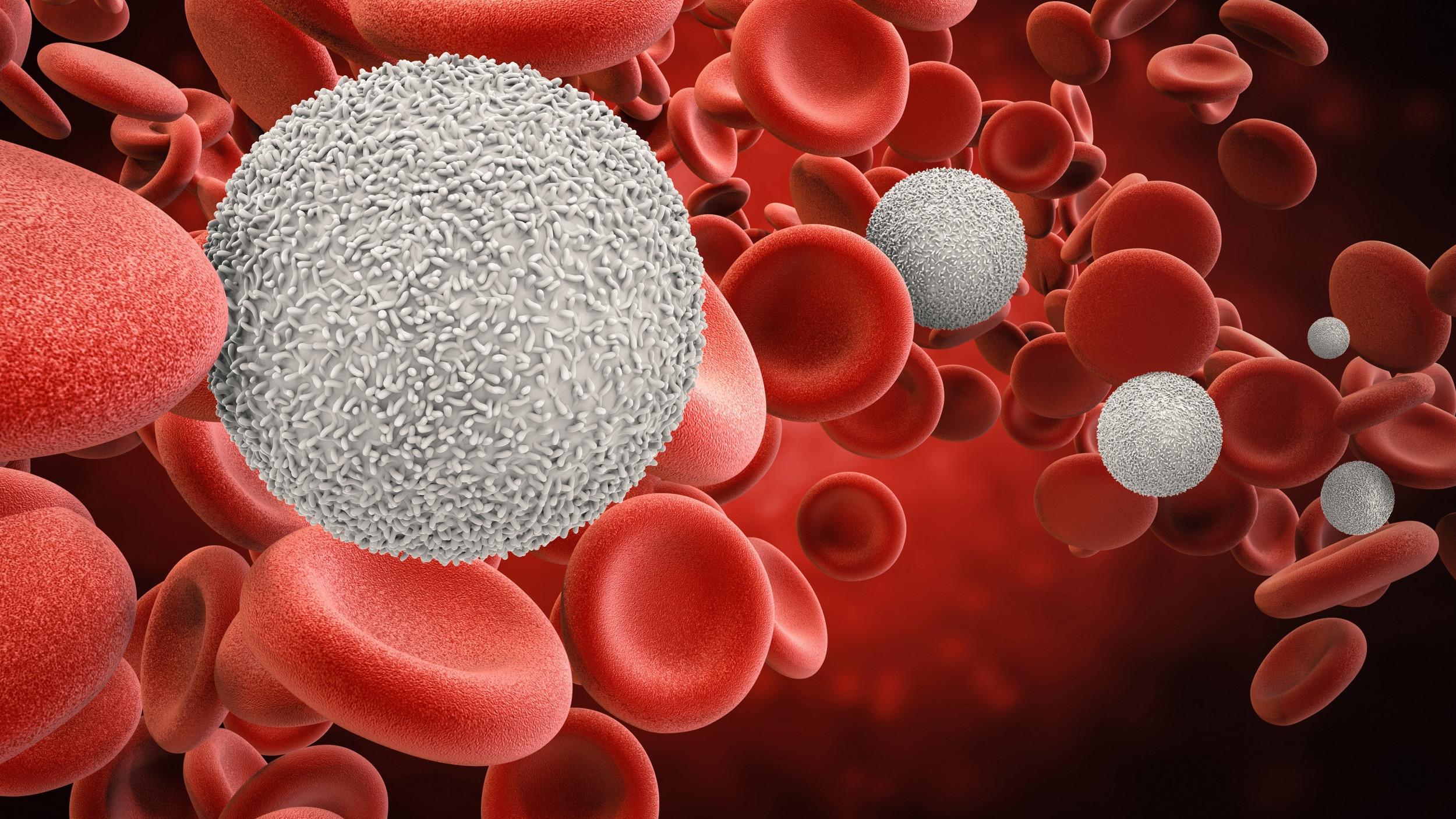
Hematology is the science or study of blood and blood diseases.In the medical field, hematology includes the treatment of blood disorders and malignancies, including types of hemophilia, blood clots, leukemia, lymphoma, myeloma and sickle-cell anemia. Hematology is a branch of internal medicine that deals with the physiology, pathology, etiology, diagnosis, treatment, prognosis and prevention of blood-related disorders.Hematologists focus largely on lymphatic systems and bone marrow and may diagnose blood count irregularities or platelet irregularities. Hematologists treat organs that are fed by blood cells, including the lymph nodes, spleen, thymus and lymphoid tissue.Blood is made up of several parts, including red blood cells, white blood cells and platelets (combined, about 45% of volume) as well as plasma (about 55% of volume). Red blood cells (also known as RBCs or erythrocytes), which make up about 45% of whole blood, carry oxygen from the lungs to the body’s tissue. They also carry carbon dioxide back to the lungs to be exhaled. They are disc-shaped and produced in the bone marrow.
